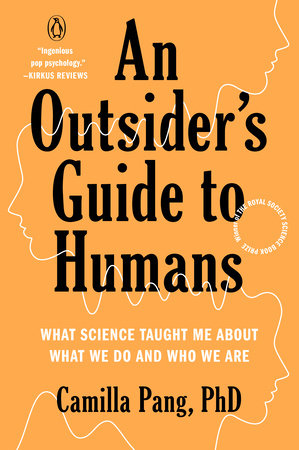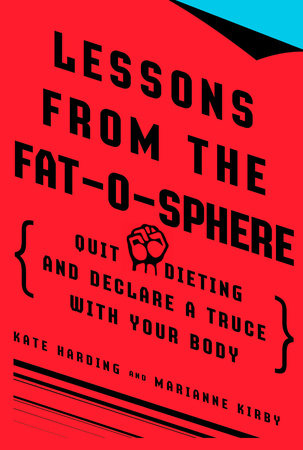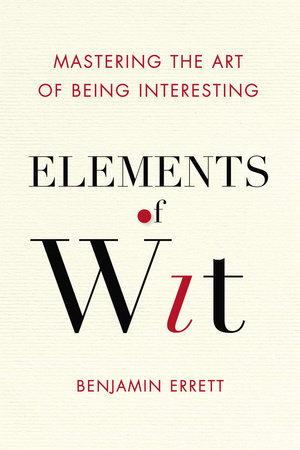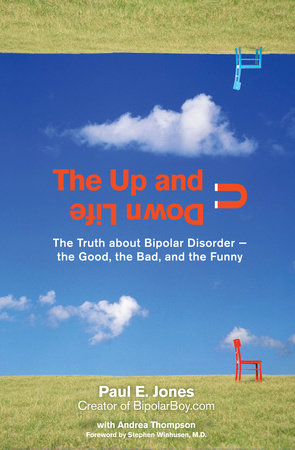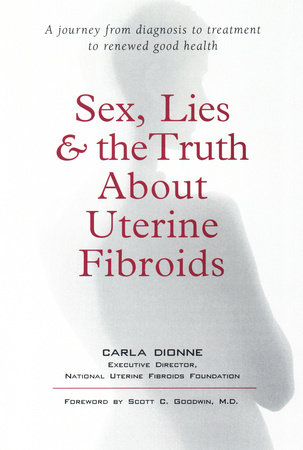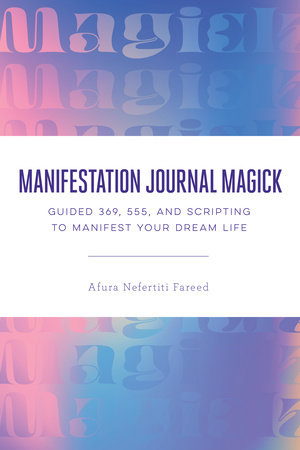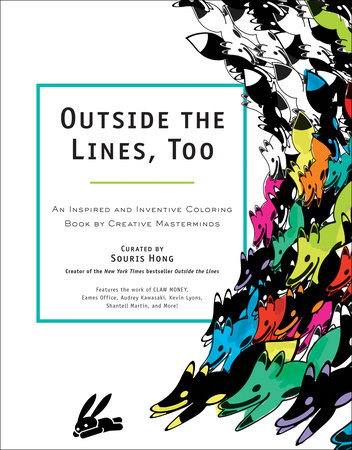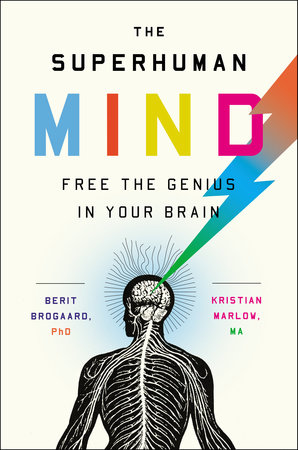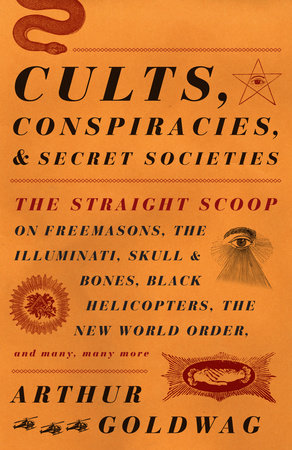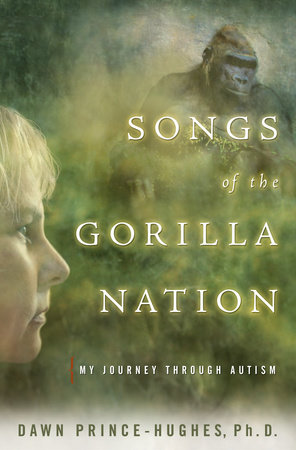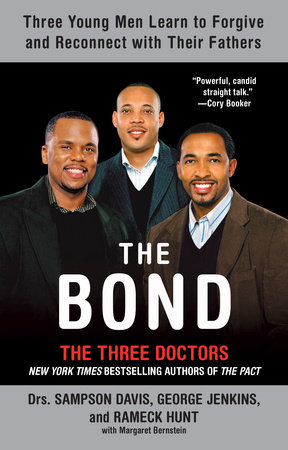Author Q&A
An Interview with Dawn Prince-Hughes, author of Songs of the Gorilla Nation
You were not diagnosed with Asperger’s Syndrome until you were in your mid-thirties. In the years since your diagnosis and during your work to educate people about the condition, have you noticed an increase in the number of adults diagnosed with Asperger’s Syndrome?
Yes. There is a definite increase in the number of adult diagnoses of Asperger’s and high-functioning autism (which may or may not be the same phenomenon, an area of intense debate). I believe this is because the public and professionals are becoming better educated about the autism spectrum. We have to remember that the diagnosis of Asperger’s Syndrome only became available in the United States in 1994, when it was included in the DSM. I think the learning curve has been steep, and that people are becoming educated about the dis/order because of the dramatic rise of autism in children. Obviously there are positive and negative sides to this: that the public is quickly learning about Asperger’s is wonderful; the fact that there is an epidemic of autism — which may be a signal that the environment is increasingly polluted, etc. — is obviously not.
When do you feel adults should seek help from a professional, either for a diagnosis of Asperger’s Syndrome for themselves or a loved one?
I can’t stress enough the importance of getting support as soon as possible. I was on the verge of losing my relationship when I finally sought an official diagnosis — and before that my dis/order had negatively impacted every relationship I had ever had and taken a long, hard toll on me. Secondary psychological problems very often plague those who try to manage this kind of dis/ability by themselves. For many with autism/Asperger’s, it is as simple as getting a name for it, finding some simple strategies to help one cope, and finally knowing what you can and can’t change and how to explain yourself to others. The goal isn’t to become normal — and that is an important point — but to maximize your potential.
What advice do you give to families who know someone, either a friend or family member, who was recently diagnosed with Asperger’s Syndrome?
Read. Read. Read. Read everything you can. I am emphatic about the importance of first-person accounts. People should read a wide selection, as each person with autism is unique. We all have a deep need to have our experiences validated, so I urge the person with autism and their loved ones to search out experiences that mirror their own, and share them within their relationships. I would also recommend that regardless how attractive a simple answer or any advice sounds coming from a professional, that those who deal with people on the spectrum should seek to use what works for the autistic person in their lives. Many family and friends, desperate for solutions, will try approaches that are ineffective and even harmful. Use trial and error and be flexible. That advice goes to the autistic person, who I know from experience often dislikes not having an iron-clad plan. Just try. It will help.
Many parents who find that their children are diagnosed with Asperger’s will argue against medication for them. What’s your view on medicating children?
This is an area I feel strongly about. Ultimately, I respect that families and individuals must do what works for them. From my point of view, though, years of anxiety and stress also produce potentially harmful chemicals in the body. We are, in the final analysis, big bags of chemicals, and our own bodies can poison us. I feel certain that that was true in my case. Medication has helped me tremendously and I wish I had had access to it as a child, when my muscles were tight all the time, I couldn’t sleep, hallucinating from fatigue, and unable to screen out sensory input. The secondary benefits — increased sociability, better concentration, opening up in general — can often fall into place when the anxiety and over-stimulation has been attenuated. There can be much to gain.
How do you think your life would have been different if your Asperger’s had been diagnosed earlier? Do you harbor regrets about this?
What an impossible question to answer! I have finally gotten over the “what ifs” that used to claw at my chest like an angry animal needing to escape, to be unleashed on the world. I have succeeded now and that has been its own redemption. I will always grieve for the small child and the young woman running away from the light, the noise, the taunts, the fists, my racing mind. Those scars don’t heal and I don’t want them to. I have been carved like a stone and that’s what it has taken. I hold a hope, sweetly, that other children can become all they can be — something different than what I am now — by having a kinder experience. I am beautiful in what I am; I look at them and wish them a different kind of beauty.
You talk about the many challenges of Asperger’s. Are there any gifts that you have as a result of Asperger’s, for which you are grateful?
Asperger’s to me is not a disorder, but a dis/order. There are positive and negative things about it. I believe that essentially Asperger’s Syndrome is what makes me so absolutely sensitive to everything; I can feel everything in the world at every moment and with every breath. While this can be chaotic and even dizzying on a spiritual and pragmatic basis, it also never lets me forget that I am a part of everything — it loves me hard, and I love it hard in return.
I believe everyone’s characteristics are both healthy and debilitating: they are two sides of the human coin. My unique sensitivity has been diagnosed as a mental illness — as has happened to so many people — and, of course, this is helpful when one seeks support and understanding. However, there is a gift to all of our disabilities, those that are large and those that are small. I want people to know that about themselves. The very thing that limits you builds the wings on which you fly. It is all a matter of perspective and relies on broad connections with everything around you and inside you as well.
You wrote beautifully of your relationship with the gorillas at the zoo. It must have been difficult to choose which stories to share in the book! Do you have a favorite story/memory of your time with Congo? Are there other stories that you would like to share that you were unable to include in the book because of time or editorial limitations?
I had a wonderful experience recently, when I went to do some filming with the gorillas. I visited Congo’s old group. There were new babies and everyone was happy — when I left it was right after his death and there was so much devastation. I had never met the new silverback man that had come to try to make the group a family again. He was there when I visited. He watched me for a long time from the back of the habitat. Then, in the slow, powerful way of men of his kind, he walked straight to me and put his huge forehead near mine through the viewing glass. He stood there with me like that for a moment and then walked quietly away. It made me cry. It was a perfect moment, and it meant so many things I can’t write them all down here.
What is interesting to me as a writer, though, is that the moments I know are going to touch someone in print are not, perhaps, ultimately the most important ones. Those moments, the ones that went into a life with the gorillas, were full of a silent largeness, a feeling of a thing to big to feel in the moments of happening. And isn’t that life, after all? When someone dies, you think of the poignant happenings at the funeral — it isn’t until a month goes by that you know what you really miss…it’s those moments full of empty being. Just being, together. That’s how it is with Congo, still. The largeness of that grief and my inability to put it into a moment has taught me what love is.
SONGS OF THE GORILLA NATION discusses how finding the gorillas helped you find yourself, which in turn inspired you to do what you could to return your appreciation and love to the gorilla species. You devoted chapter 10 to several gorilla preservation projects and groups that you support. Where can readers go to learn more about these programs?
The internet is the best tool we have currently. All of the sites I mentioned in the book, if not what the reader is looking for, can lead them to still others that are and do it very quickly. It also allows you to combine interests to make supporting causes more interesting. For example, I was interested in helping refugees after reading Angelina Jolie’s recent book detailing the problem as it exists all over the world. About the same time, I found out that I have Sudanese ancestry and I was able to go on-line and find a relief organization doing specific work in Sudan. It was a way to bring it all together in my life. Someone who reads my book and feels moved by it will undoubtedly have other passions in their lives — other animals, autism, other types of dis/ability, homeless issues — using the internet could help them connect all the areas of investment they feel.
What was the most rewarding part of writing SONGS OF THE GORILLA NATION? What was the most difficult? What were Tara’s reactions to the book? Do you look forward to sharing the book with your son someday?
The most rewarding parts can be summed up by my experience of the meeting during which I sold the book to Random House. A room full of loving people told me that my life had been hard, that I was brave, and that I was a good and brave person. Each of those was things I needed to hear to reclaim my life. Writing the book — in that isolation so typical of writing — was rewarding; but just as I needed transcend the isolating aspects of my autism, so I needed to have people who cared about me look me in the eye and say those things. Since then, the care and support of people reaching out to me because of the book hasn’t stopped. Now I can go on and do even better things.
Somehow, I always knew that would happen. I always felt like I was meant to do something meaningful in the world, to help other people, to even someday be embraced by the human world that I had for so long rejected. I can feel it coming and it is overwhelming. Tara’s a little frightened of our lives becoming so public, but I think she has always known I would someday be doing this kind of thing, too. The bottom line for both of us is that we will do what we need to in order to make this a better world, and we are raising our son to feel the same kind of responsibility — and all the joy that can go along with it. As soon as I can, I am going to read him the book. It will be hard. I know that things that have happened to me will haunt him long after I am gone. But he must know it all. I am proud. I want to teach him by example that there is virtually nothing a person can do that can’t be redeeming if they allow their soul to guide them as they struggle to do better.
What do you want readers to take with them after they read SONGS OF THE GORILLA NATION?
What they need the most.
You mentioned finishing two books while you were in Tacoma. Can you tell us more about these books? Have you considered publishing a volume of your poetry that you included in SONGS OF THE GORILLA NATION?
I have several small books out through independent and university presses. One is a novel , Adam, based on a true story about a man who volunteered to be a hermit in a Stonehenge replica in England during the Romantic Period, how he went crazy and became wild. Hmmmm. Almost autobiographical! Another I have out is an anthology of writing by autistic university students, called Aquamarine Blue 5, which is very enlightening in regard to their abilities. Also, I have a previous book about my experiences with gorillas out, with a foreword by Jane Goodall: Gorillas among Us: A Primate Ethnographer’s Book of Days.
I’d love to do a book of poetry. In fact, I have a complete manuscript of a poetry anthology by autistic poets.
What are your working on now?
I am extremely excited about my newly finished manuscript, Teryk Brydanialun. It is about what it has been like as an autistic parent. There aren’t many resources for parents with dis/abilities out there, and a real paucity when it comes to autism and parenting. This new manuscript chronicles my meeting a partner and getting committed, deciding to have children, how we made all the choices we had to make around that, and my experiences as we went through it.



